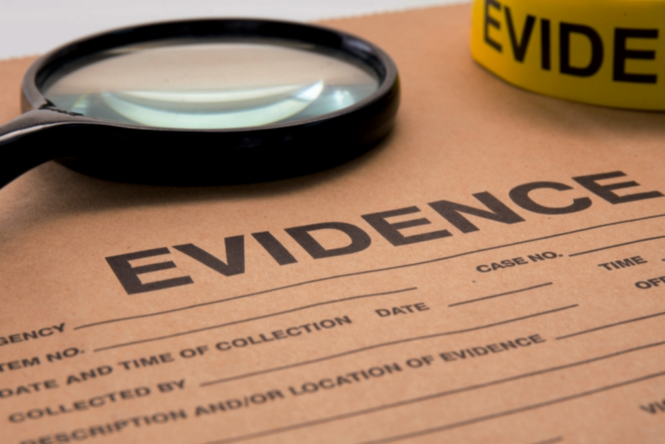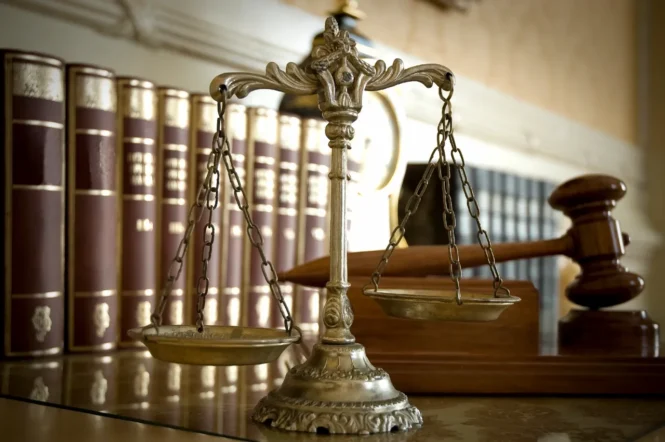Have you been wronged? Do you feel powerless and like there’s nothing you can do about it? It can be difficult to know where to turn when faced with an injustice done to you. If all other measures have failed, legal action may be the only way for you to ensure that your rights are protected and justice is served. Let us help guide you in understanding how to take legal action for an injustice done to yourself or someone close to you. Keep reading!
Consult a lawyer and discuss the laws in detail

In terms of legal matters, the thought of heading to court can be overwhelming. Consulting with civil litigation lawyers in your area can provide you with clarity and assurance in understanding your legal rights. These professionals specialize in civil legal disputes and can walk you through the process, ensuring that you’re fully aware of the laws relating to your case and the best way to proceed.
Getting legal advice from a civil litigation lawyer can help you make informed decisions and give you the confidence you need to protect your interests. So, if you want to take control of your legal situation, it’s worth researching and choosing a lawyer with the expertise and experience necessary to handle your case.
Understand the type of injustice done to you
Understanding the type of injustice done to you is the first step toward finding a resolution. Whether it’s discrimination, harassment, or unfair treatment, you must research applicable laws to know your rights. The law is there to protect you and provide justice, so don’t hesitate to seek legal guidance. When you arm yourself with knowledge and know what options are available to you, you can take the necessary steps toward finding a resolution and holding the perpetrator accountable. Remember — seeking justice is not just about you, it’s about ensuring that no one else has to go through the same experience as you.
Collect evidence that is relevant to your case

Before preparing for a case, it’s crucial to have all the evidence you need to support your claims. Collecting evidence can take different forms — gathering photos, documents, or statements from witnesses. Each piece of evidence can provide different insights and support your case in unique ways.
Photos can provide visual aids to what happened, and documents can add extra context and detail to a case. Testimonies from witnesses can provide invaluable insights into what happened and can build a compelling argument.
File a formal complaint against the wrongdoer
Standing up for yourself is never an easy task, especially when it involves filing a formal complaint against someone who has wronged you. It doesn’t matter if it’s a coworker who has been sabotaging your projects or a landlord who has refused to make necessary repairs, it’s important to provide evidence of the injustice in order to be taken seriously. While the process of filing a complaint may seem daunting at first, remember that you deserve to be treated fairly and respectfully.
We recommend providing clear evidence of the wrongdoing, outlining the laws that have been violated, and requesting a specific remedy. This will ensure that your complaint is taken seriously and will add weight to your case.
Prepare for court proceedings

If a resolution is not possible, then the next step will be to prepare for court proceedings. This can include gathering the necessary documents, interviewing witnesses, and researching legal precedents that may support your case. It’s also important to understand the court process and any deadlines you must meet.
In addition to collecting evidence, it’s also wise to take note of how your behavior will be perceived in court. Be mindful of the way you present yourself and the language you use when communicating with the court.
Go through the process of arbitration or litigation
Going through the process of arbitration or litigation can provide a clear and comprehensive resolution to your case. While arbitration often involves a neutral third party who facilitates a mutually agreed-upon decision, litigation typically involves a judge or jury who will provide a binding ruling. Though it can be a lengthy and complex process, pursuing either option can provide a sense of closure and justice.
Carefully consider your options and seek guidance from legal professionals to determine the best course of action for your unique situation. Ultimately, going through the process of arbitration or litigation can be a valuable step toward resolving your legal dispute without the need for any further legal action.
Reflect and learn from the experience
After going through the process, regardless of the outcome, take some time to reflect and learn from your experience. Legal battles can be emotionally draining and challenging, but they also provide an opportunity to grow and learn valuable lessons about your rights and the legal system. Use this experience to fortify your resolve and equip yourself with the knowledge and courage to stand up for your rights in the future. Keep in mind that this experience doesn’t define you; instead, it can be a stepping stone to becoming a stronger, more assertive individual.
Helpful resources for legal action

If you or someone close to you is facing injustice, there are resources available to help you stand up for your rights. Consider reaching out to legal aid centers and non-profit organizations in your area for assistance. These organizations have experienced staff members who can provide guidance on how to take legal action. There are also online resources such as the ACLU (American Civil Liberties Union) and the National Women’s Law Center which provide helpful information regarding civil rights, legal services, and advice. Remember that you are not alone — there are people who understand your situation and want to help you find a resolution.
No one should have to face injustice without taking action. With knowledge of the law and the right resources, anyone can stand up for their rights and demand justice. Take the time to research your options and seek professional help if necessary — it’s important to protect yourself and ensure that no one else has to follow in your same footsteps. Throughout the process, remember that you have a voice, and don’t be afraid to use it. Together we can create a world where fairness and justice prevail.
 Imagup General Magazine 2024
Imagup General Magazine 2024



